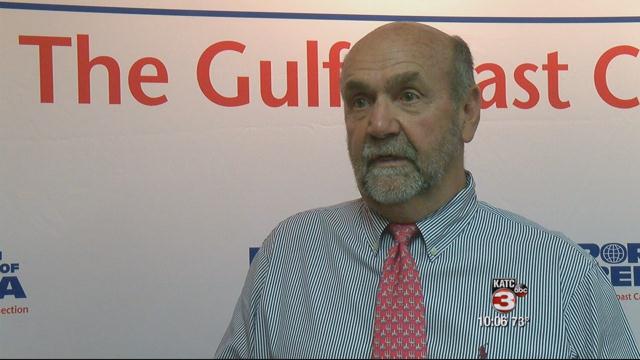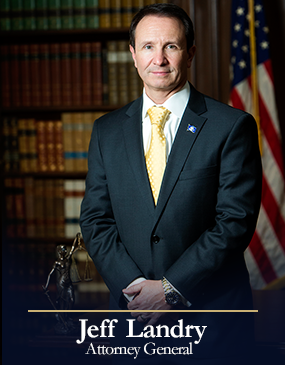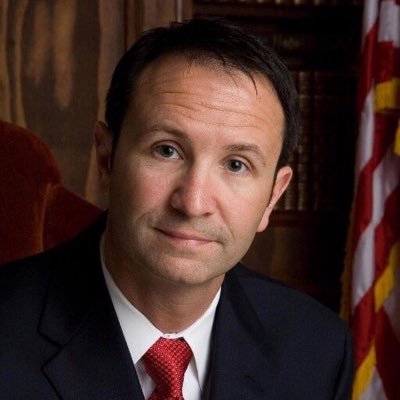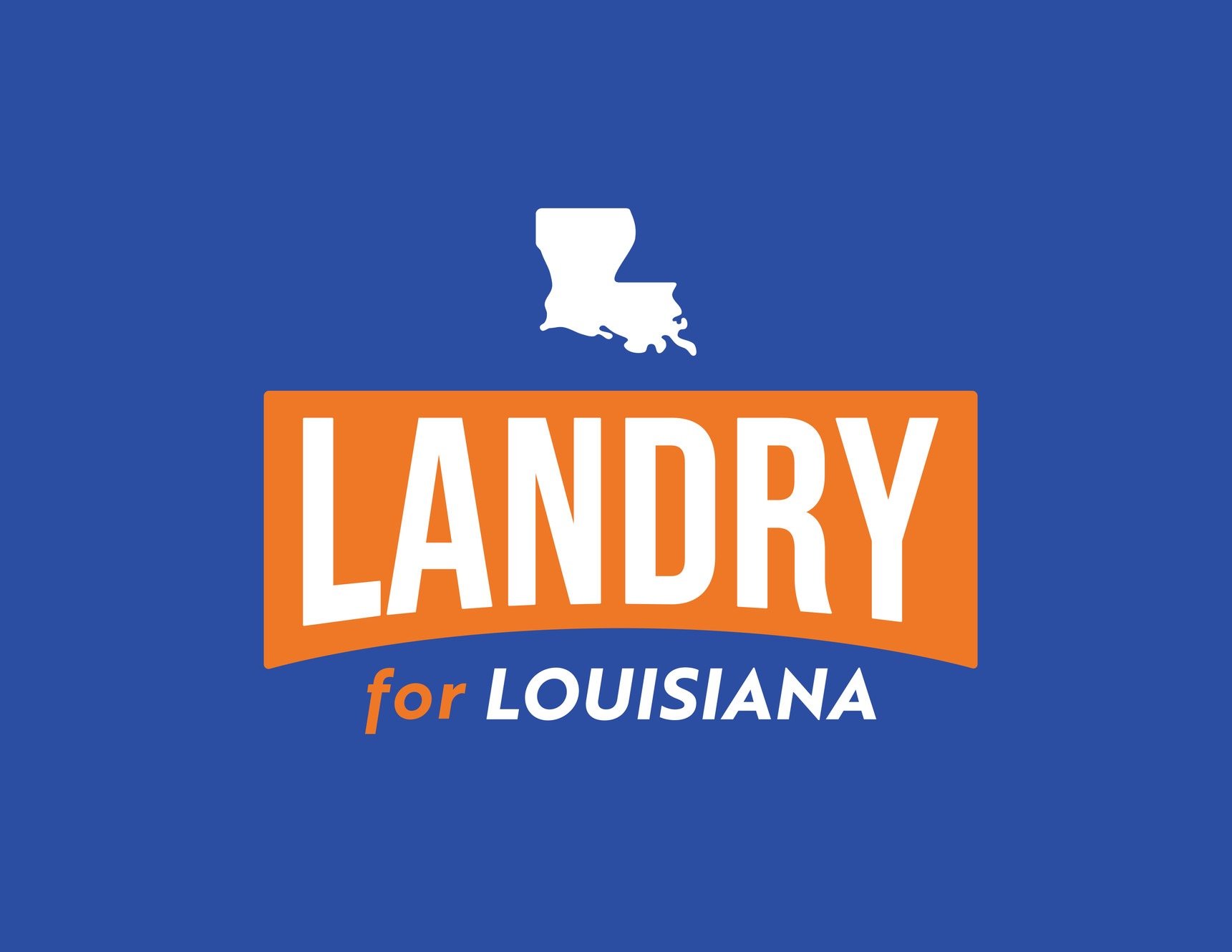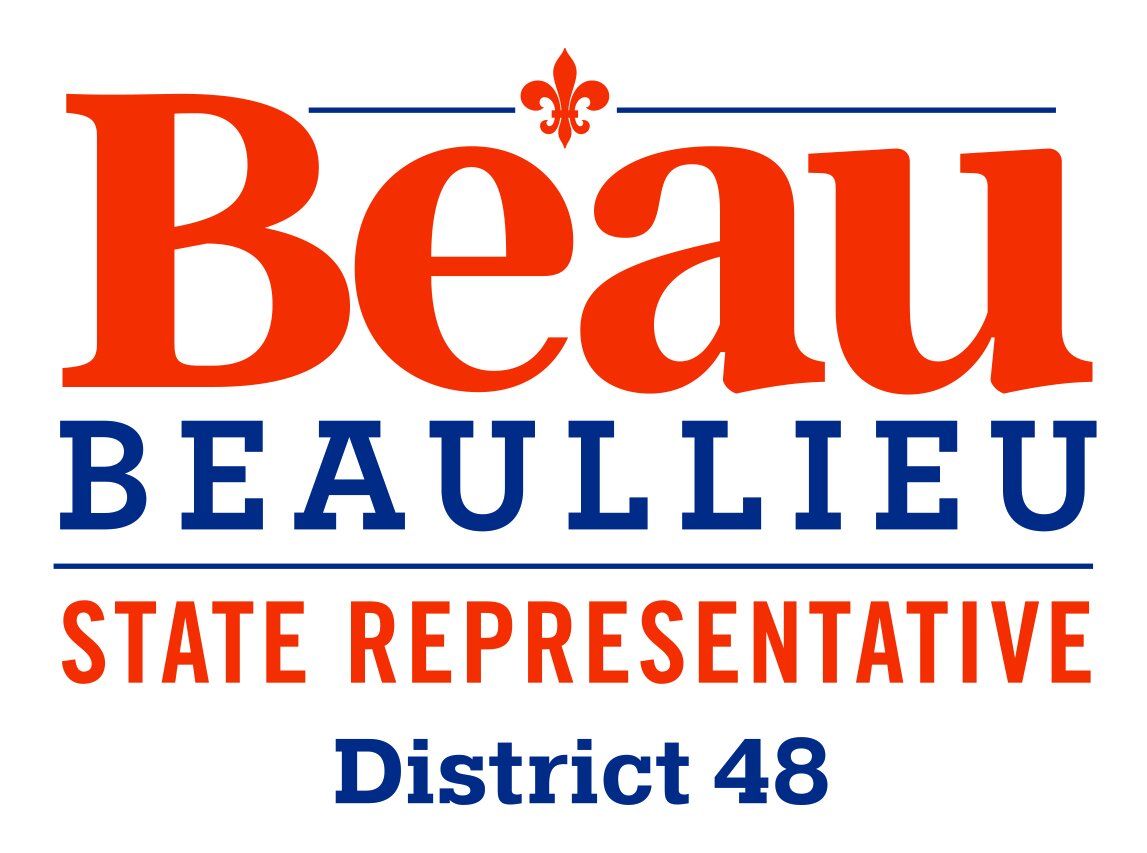Photo source: ULLA
FOR IMMEDIATE RELEASE
December 12, 2017
Contact: Kevin Roig, 202-225-3901
WASHINGTON, DC – Louisiana Congressmen Garret Graves (R-Capital Region) and Ralph Abraham, M.D. (R-Alto) sent a letter today urging Senator Orrin Hatch, Chairman of the Senate Committee on Finance, and Congressman Kevin Brady, Chairman of the House Committee on Ways and Means to retain disaster tax relief language in the final product of negotiations currently underway in Washington to resolve differences between House and Senate versions of major tax reform legislation. The disaster tax relief, which was included by Senators Bill Cassidy and John Kennedy in the Senate’s version of the bill, accomplishes the goals of separate legislation Graves introduced earlier this year - H.R. 2849, the Louisiana Flood and Storm Devastation Act of 2017, which would grant homeowners and individuals emergency tax relief, the ability to withdraw from retirement accounts without incurring penalties, casualty loss provisions, work opportunity tax credits for employers, and relief for certain charitable giving. The bipartisan bill was cosponsored by Congressmen Richmond (D-LA), Abraham and Higgins.
“We aren’t asking for special treatment,” reiterated Graves. “We’re asking for our flood victims to be given the same, common sense relief that disaster victims in Texas, Florida and Puerto Rico were granted after disaster struck those communities. Too often after disasters, government ends up getting in the way of recovery – this is a chance to actually help recovery and remove nonsensical penalties currently imposed on victims for wanting to take care of themselves.”
Dr. Abraham added, “Louisiana flood victims deserve equal access to disaster tax benefits that have been afforded to other states. Our people are still recovering from two historic floods we suffered last year, and this tax relief will go a long way toward facilitating that recovery.”
Louisiana Congressmen Clay Higgins and Mike Johnson also signed the letter, which can be readhere. You can read more about H.R. 2849 here.













